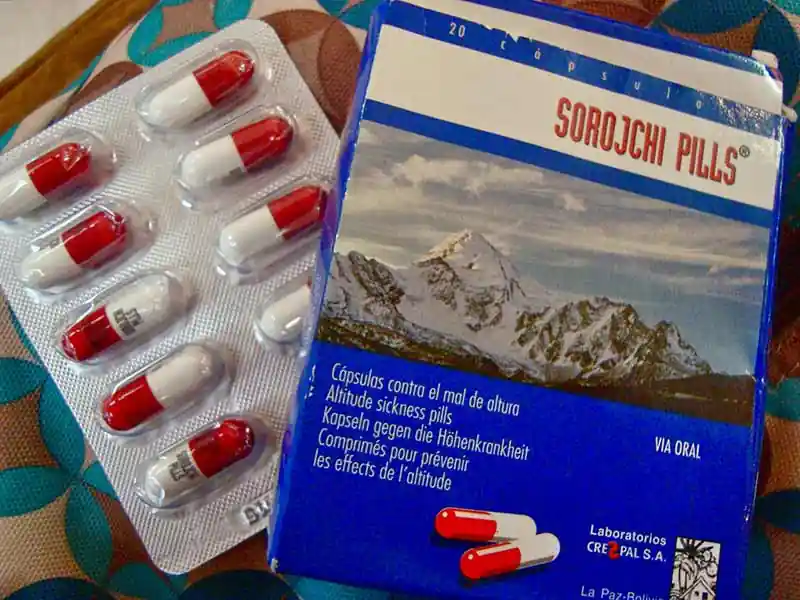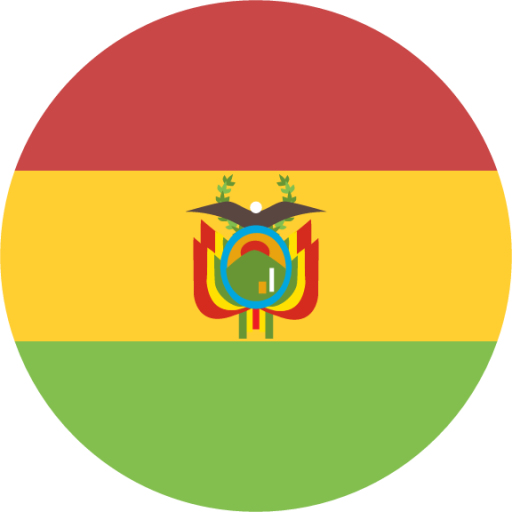Are you planning a trip to Bolivia and worried about altitude sickness? Altitude sickness, also known as acute mountain sickness (AMS), can affect anyone ascending to high altitudes, typically above 2,500 meters.
Bolivia, with its high-altitude cities like La Paz and Potosi, is a popular destination where travelers may encounter this issue. In this article, we will provide you with 4 essential tips to avoid altitude sickness in Bolivia and have a safe and enjoyable journey.
✈Discover the Best Time to Travel to La Paz, Bolivia
1. Acclimatization
Acclimatization to the altitude is key to avoiding altitude sickness in Bolivia. It is crucial to give your body time to adjust to the new environment. Take it easy during the first couple of days of your trip. While you don’t need to stay in bed all day, it’s essential to move slowly and avoid exerting yourself. Enjoy some light activities like relaxing on a terrace or taking a leisurely stroll.
2. Avoid Sudden Movements and Exertion
Each person has their own acclimatization pace. If you find that you need around 3 days to adjust, be sure to respect that timeline. Here are some tips to help you avoid altitude sickness:
- Upon arrival, walk slowly and avoid sudden movements and strenuous activities. Remember, there’s no rush – take your time.
- Opt for transportation with wheels, like public transportation or a taxi, to reach your accommodation. Minimize physical efforts during your first hours at high altitude.
3. Hydration and Light Meals
Hydration and nutrition play crucial roles in preventing altitude sickness in Bolivia. Here are some essential tips for your daily routine:
- Drink plenty of water to stay hydrated. Carry a water bottle in your backpack and remember to drink even when you’re not thirsty.
- Eat light meals regularly. Don’t wait until you’re hungry, and avoid heavy meals, especially before bedtime.
4. Take Soroche Pills or Chew Coca Leaves Daily
In the Andean regions of Peru and Bolivia, you may consider taking preventive measures like Soroche Pills or chewing coca leaves to avoid altitude sickness.

In our experience, we opted not to use any medication. However, if you prefer taking pills, Soroche Pills are available in pharmacies in Bolivia. Coca leaves are a traditional method to cope with altitude and prevent altitude sickness. During our travels in Bolivia, we always carried coca leaves in our backpack and chewed them, especially when ascending over 3,500 meters.
We also consumed coca tea daily, made by infusing coca leaves in hot water. Remember that these measures are just a few examples of how to mitigate altitude sickness, and it’s essential to find what works best for you.
By following these five tips and taking necessary precautions, you can significantly reduce the risk of altitude sickness during your trip to Bolivia. Remember that everyone’s body reacts differently to high altitudes, so listen to your body and prioritize your well-being throughout your journey. Enjoy the stunning landscapes and unique experiences that Bolivia has to offer while staying healthy and safe.
